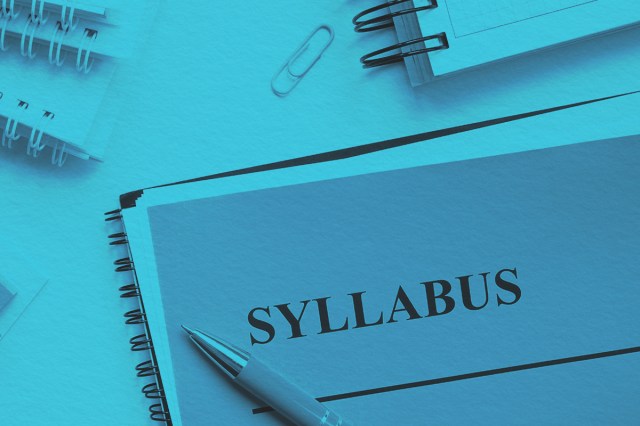
What do abominable snowmen and umpires have in common? Neither was supposed to be a real word. These terms — and others, including “nickname,” “syllabus,” and “expediate” — are the result of spelling errors or mistranslations that made their way into mainstream English. When a certain word or spelling variation gets used often enough, it gains the attention of lexicographers and might eventually get the “official” dictionary seal of approval. Let’s take a closer look at some words that started their journey into English as mistakes.
We venture to say that as long as humans have been giving each other names, they’ve been shortening and familiarizing those names. In Middle English, the word for this familiarization was “ekename,” which literally meant “also-name.” The modern English word “nickname” evolved as a misdivision (a linguistic term that describes when spelling mix-ups occur between syllables over time) of the two words “an ekename.” By the 15th century, the word “nekename” was solidified into English, and eventually, the spelling evolved into the modern English variation of “nickname.”
The name for the mythical mountain beast arose as a mistranslation of a Tibetan name in the 1920s. A journalist was interviewing members of a 1921 Mount Everest expedition and incorrectly reported a name as metoh kangmi, meaning “filthy snowman.” The true name that the explorers gave the yeti (a Sherpa term) was likely a combination of mi (“person”) and dom (“black bear”). The word “abominable,” meanwhile, is a Middle English word meaning “causing moral revulsion” — quite a harsh mistranslation for the hairy Himalayan creature.
Roman philosopher Pliny the Elder changed European geography — or at least its spelling — forever when he called northern Europe “Scandinavia,” rather than “Scadinavia” (sans the first “n”). Pliny’s misspelling soon became commonplace, and the original name was left behind.
The name for this region (traditionally referring to Denmark, Norway, and Sweden) comes from the Germanic word Scadinavia, which evolved from skadinaujo, meaning “Scadia Island,” in which aujo means “thing on the water.” At the time of its Germanic naming, Scandinavia might have been an island, because the coastlines of the Baltic Sea have changed dramatically due to drainage, ice cap melt, and other natural events.
If it weren’t for a reading error, we would be checking our class “sittybos,” not “syllabus.” The word for a course outline originated in ancient Greece as sittybos, but when the Romans adopted the word into Latin, it was apparently misread and entered into official sources as syllabus. One of the earliest examples of this appears in Cicero’s At Atticum, a collection of letters between Cicero and his friend Titus Pomponius Atticus. Within the next few centuries, syllabus was inscribed into Late Latin, with no sight of the original sittybos.
“Umpire” entered English as a mistranslated French loanword. It stems from the Old French nonper, meaning “odd number, not even,” in reference to a third-party authoritative judge. When it was brought into English, the initial “n” was incorrectly dropped because the word was heard as “an oumpere.” The misdivision result, “umpire,” became the official English version of the word by the mid-14th century, when it was used as legal jargon. It was eventually brought into gaming and sports (where it’s most commonly used today) in the early 18th century.
An ingot (a block made of a metal such as steel, gold, or silver) should be a “lingot.” When this word was adopted into English from French in the late 14th century, the “l” at the beginning of the word was dropped. English speakers thought that the French were saying l’ingot (or le ingot, where le means “the”), so they dropped the “l” because they assumed it was an article. “Lingot” originally came from the Old English goten, meaning “to pour.”















